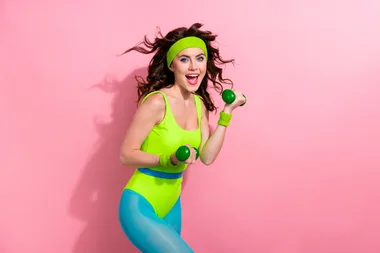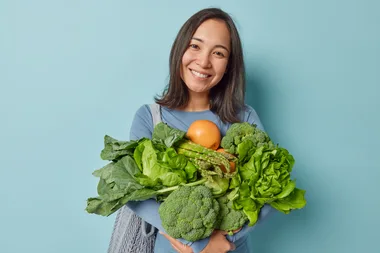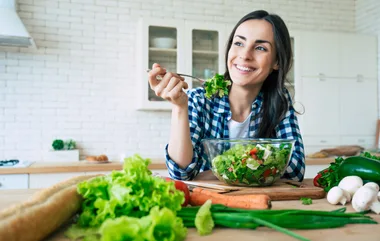I’ve been reading a lot about weight loss and high protein diets but as I don’t eat meat, only seafood, I wonder if I should snack on protein bars.
A great big resounding “no” is the answer to that one. While it’s true that a diet with extra protein than the body requires (approx 0.75g per 1kg body weight) can help on a weight loss diet, it’s not a good idea to eat these manufactured protein bars.
Remember when low-fat was the dieting mainstay? It created a low-fat food product epidemic which only succeeded in making the country fatter. Why? Because the products all tended to be high in energy with a high GI.
Who knows what the long-term implications of the numerous high-protein products appearing on the market will be, but I would suggest there’ll be an impact.
The liver is the organ responsible for processing foreign substances and toxins in the body. When it becomes overburdened it slows down and is less efficient. A less efficient liver becomes fatty and sluggish and toxins accumulate. Accumulated toxins impede the digestive system and a slow digestive system slows our metabolism. The result of a slow metabolism is that our bodies do not burn as much energy from either the food we eat or the fat we store.
Manufactured products are full of foreign substances. They’re not natural and cannot play the same role as natural protein.
Extra protein in the diet gives a feeling of satiety; in other words, it helps you to feel full for longer. A recent French study on rats found that a protein-boosted diet decreased hunger and reduced the amount they consumed. While there’s no question that extra protein is useful, the quality of the protein you consume is critical for good health and most probably, weight loss.
If you enjoy seafood then there’s a limitless amount of protein to be had from the sea. During the day it may be harder to find a cooked fillet of fish but canned fish in the form of tuna, salmon, mackerel and sardines, while providing slightly less protein than fresh, is still a good source and will supply the body with essential omega-3 fat as well.
We often overlook octopus, mussels, calamari and oysters for protein. Not only are they protein-rich foods but, surprisingly, mussels, octopus and oysters provide more iron than beef and lamb. Calamari and eggs are both high in cholesterol but, unless you have high cholesterol, it shouldn’t present a problem, provided the diet is also rich in fibrous fresh vegetables and whole grains.
The table below gives you the protein and energy content for 100g of protein rich foods.
Protein and energy content










